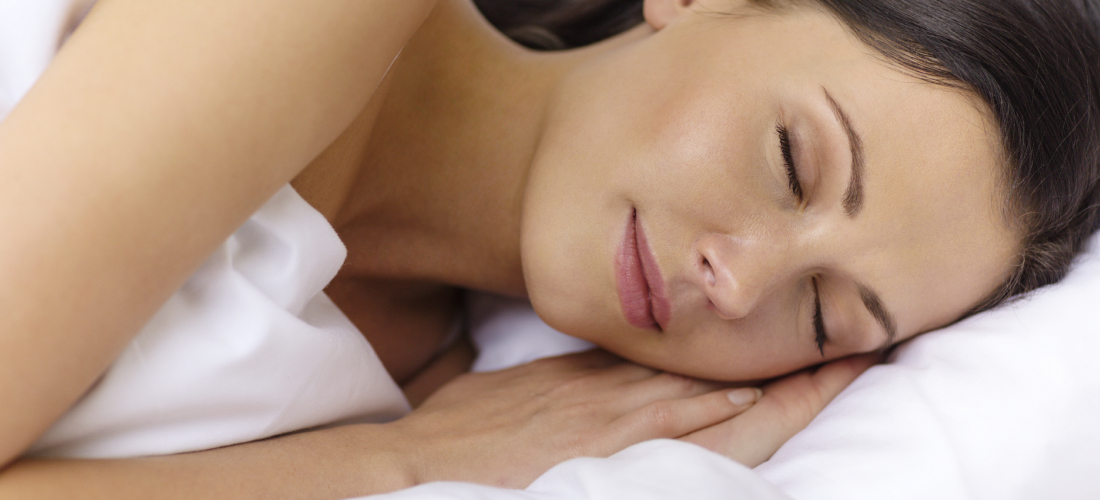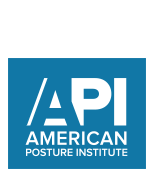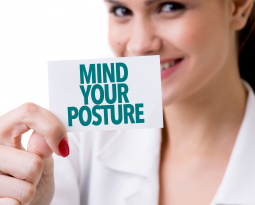
Proper Sleeping Posture for ‘Brain Drain’
With a need to rest and recharge, human beings spend one-third of their lives in bed over the course of the lifespan. Proper sleep posture helps to prevent neck pain and back pain. In addition to preventing common musculoskeletal issues, did you know your sleep posture impacts ‘Brain Drain’?
What is ‘Brain Drain’?
‘Brain Drain’ refers to the glymphatic pathway, which is a functional waste clearance system for the central nervous system. The glymphatic pathway is similar to the lymphatic system of the body in reducing waste to promote good health.
According to Benviste (2016) “the glymphatic system consists of a brain wide pathway that facilitates the exchange of CSF with interstitial fluid to clear interstitial waste from the brain parenchyma. The waste is moved into perivenous pathways and ultimately cleared via cervical lymphatic vessels.”
The glymphatic pathway expedites clearance of waste, including soluble amyloid(A) to prevent amyloid plaques from accumulating in the brain. Researchers have shown that patients suffering from chronic impairment of glymphatic pathway function due to traumatic brain injury are vulnerable to tau aggregation and the onset of neurodegeneration. These patients have an increased chance of developing dementia and Alzheimer’s Disease (Iliff et al., 2014).
Put simply, the glymphatic system eliminates brain waste to prevent diseases of the central nervous system such as dementia.
Sleep Posture and the Glymphatic System
Transport through this pathway is controlled by the brain’s arousal level, making sleep hygiene important to the glymphatic system. During sleep the brain’s interstitial space volume expands compared to its size during wakefulness or arousal. Increased interstitial space with sleep results in faster waste removal.
Humans exhibit different body postures during sleep, which may also affect waste removal. Therefore, not only the level of consciousness, but also body posture, might affect CSF–interstitial fluid (ISF) exchange efficiency throughout the night.
Researchers confirmed that glymphatic transport and clearance was superior in the lateral and supine sleeping positions. The researchers proposed that sleeping on your side has evolved to optimize waste removal during sleep and that posture is considered ideal for glymphatic transport.
The lateral sleeping position is also advantageous for your posture. To optimize ‘Brain Drain’ and to prevent musculoskeletal pain, consider the importance of your sleeping posture. Sleeping on your side with a small pillow between your legs is considered the ideal sleeping position.
This posture habit can greatly impact your health. Remember, it’s Posture by Design, Not by Circumstance.
References:
Benveniste, H. (2016) Glymphatic System May Play Key Role in Removing Brain Waste. Neurology Reviews, 24(10) p. 13.
Iliff, J. et al. (2014) Impairment of Glymphatic Pathway Function Promotes Tau Pathology after Traumatic Brain Injury. Journal of Neurosciene, 34(49) p. 16180–16193.
Lee, H., Xie, L., Yu, M., Kang, H., Feng, T., Deane, R., … & Benveniste, H. (2015). The effect of body posture on brain glymphatic transport. Journal of Neuroscience, 35(31), 11034-11044.













